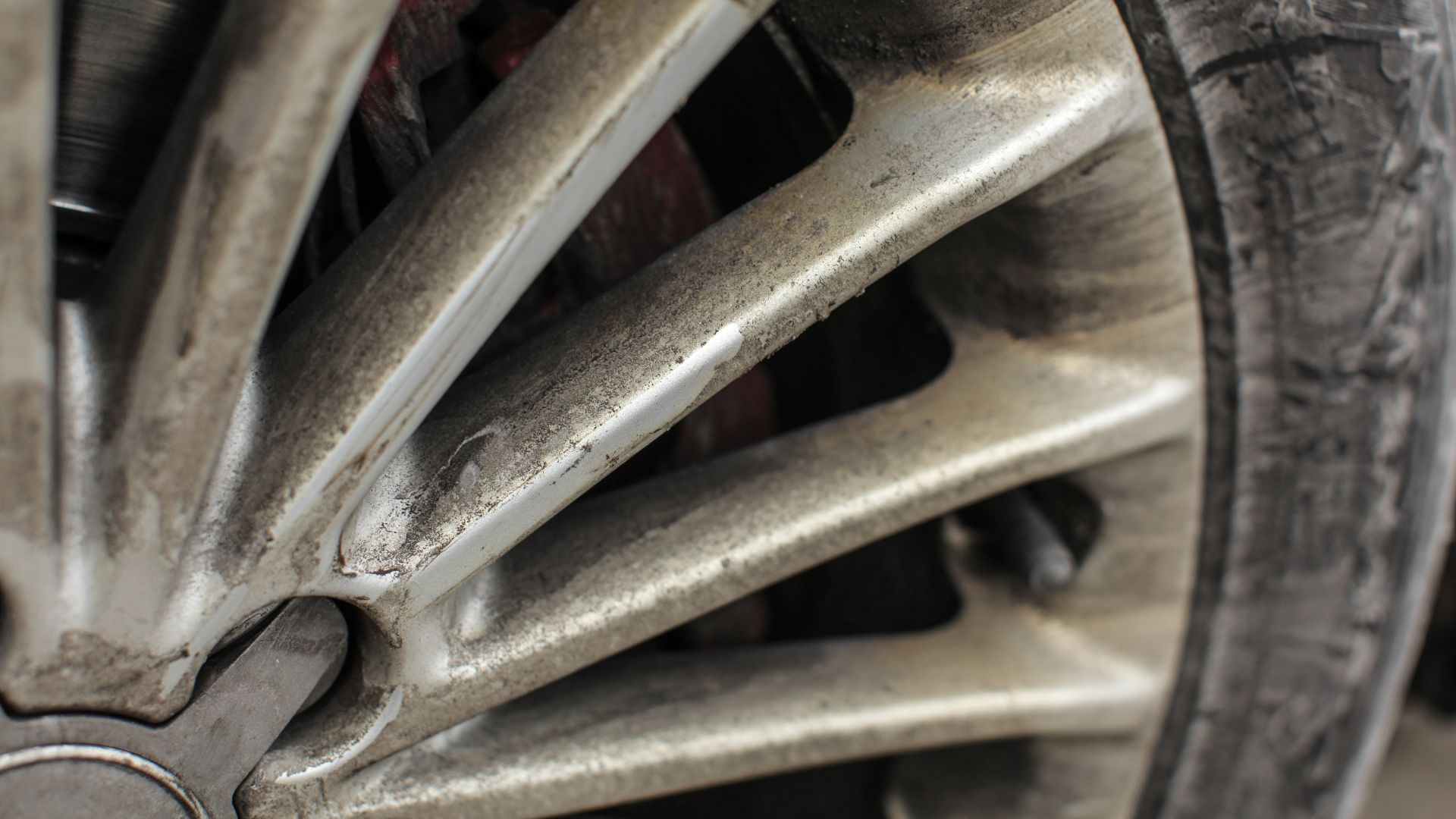
New research has revealed more about the dangers of particulate emissions from car braking systems. Tests indicate that brake dust could be just as toxic as particulates from the exhausts of diesel engines.
Brake pad particulates were found to harm respiratory health, damaging lung cells when they enter.
The study involved exposing macrophages (immune cells in the lungs that protect them from bacteria) to various particulates. Both diesel exhaust and brake dust particulates were found to reduce the ability of these cells to work. Both also caused the cells to produce immune signalling molecules, which inflame and damage lung tissue.

“At this time the focus on diesel exhaust emissions is completely justified by the scientific literature,” said Dr Ian Mudway, who led the research at the MRC Centre for Environment and Health at King’s College, London.
“But we should not forget, or discount, the importance of other components, such as metals from mechanical abrasion, especially from brakes.
“There is no such thing as a zero-emission vehicle, and as regulations to reduced exhaust emissions kick in, the contribution from these sources are likely to become more significant.”

The slice of the particulate pie that non-exhaust emissions represent is projected to increase. The current 7.4 percent figure is expected to rise to 10 percent by 2030.
This is in part due to the increasing weight of cars, which increases wear on brakes. Electric cars are also particularly heavy, and thus pose a greater problem in this regard.
“Electric cars are also particularly heavy, and thus pose a greater problem in this regard.”
Electric cars use regenerative breaking and so make much less use of the friction brakes than ICE vehicles. I hardly use the brakes at all when driving my Nissan LEAF in towns and would expect there to be much less brake dust as a result.
Well it’s a good job we changed from asbestos then!!
Is that how the Government will get us out of electric cars by a dust tax
Its a good job then that electric cars brakes rust away well before the pads wear out as most if not all speed reduction is achieved during regen either when your foot is taken off the accellerator or initially pressing the brake. The brakes only get used to hold the car at a standstill or emergency braking hence why the pads last for 100,000 miles or more.
Another benefit is that the front and rear wheels stay clean with no black dust.
“Electric cars are also particularly heavy, and thus pose a greater problem in this regard.”
This is an appalling incorrect conclusion made by the writer of this article and not the research that by the way don’t even mention EVs and it’s source it’s not even linked in this article.
That’s really bad standard by a publication named motoring “research”.
While the particulate emission caused by tyre and road wear may be greater , EVs have a negligible particulate production from friction brakes and from combustion both the most dangerous ones , the only study (2016) that says EV have an overall particulate emission similar to ICE it’s because takes account f the “resuspension ” of the particulate already present on the surface that is then resuspended by the air moved by the vehicle, with that same principle even pedalling a bicycle “emit” particulate.